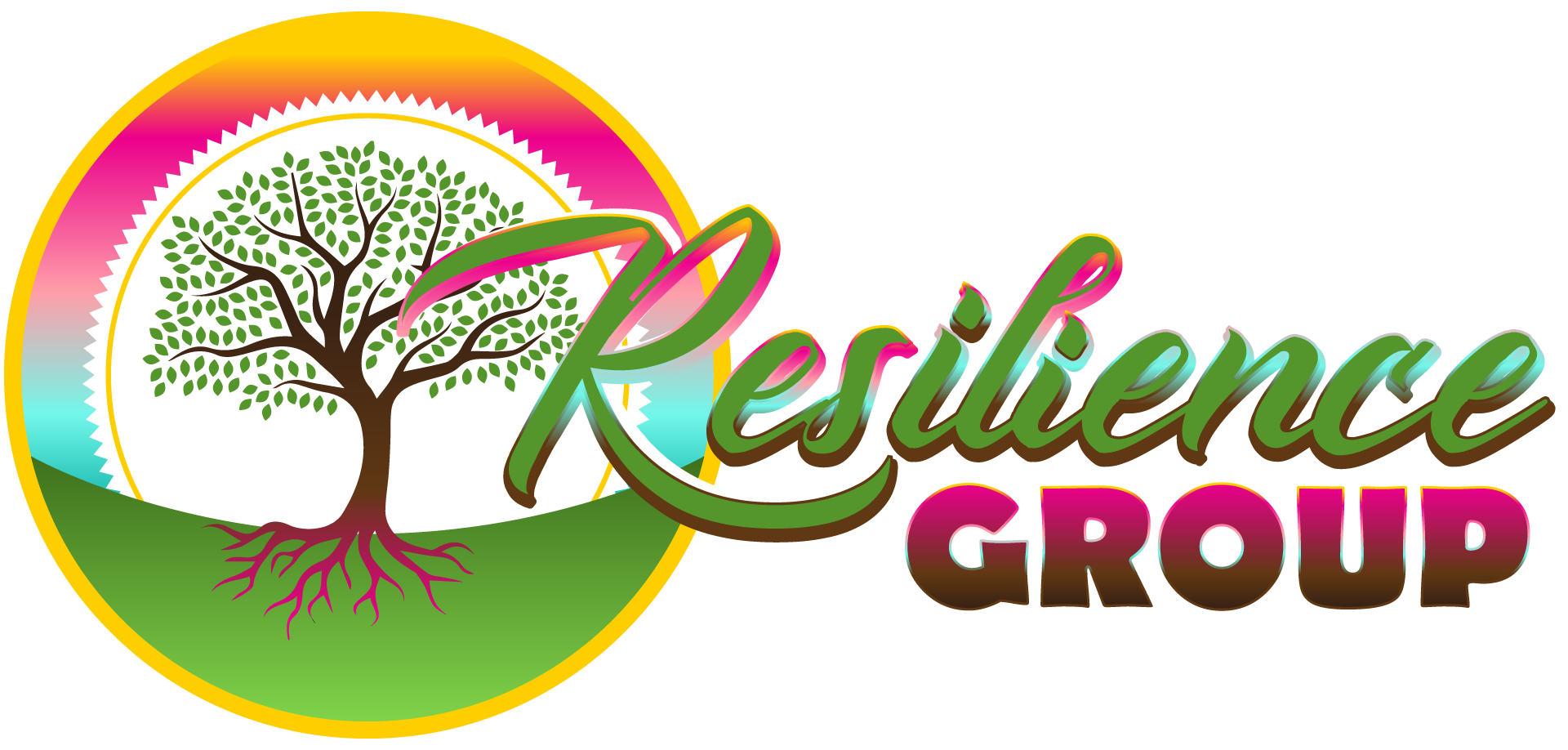Depression
In a clinical context, depression refers to a mood disorder characterized by persistent feelings of sadness, emptiness, or irritability, accompanied by cognitive, behavioral, and physical symptoms that impair daily functioning. Depression is classified under Depressive Disorders in the Diagnostic and Statistical Manual of Mental Disorders, Fifth Edition (DSM-5).
Key Clinical Features (DSM-5 Criteria):
For a diagnosis of Major Depressive Disorder (MDD), the individual must experience five or more of the following symptoms during the same two-week period, with at least one of the symptoms being either (1) depressed mood or (2) loss of interest or pleasure:
- Depressed Mood: Most of the day, nearly every day, as reported subjectively or observed by others.
- Loss of Interest or Pleasure (Anhedonia): Marked decrease in interest or pleasure in almost all activities.
- Significant Weight Change or Appetite Disturbance: Weight loss or gain unrelated to dieting, or changes in appetite.
- Sleep Disturbances: Insomnia or hypersomnia nearly every day.
- Psychomotor Agitation or Retardation: Observable restlessness or slowed physical movements.
- Fatigue or Loss of Energy: Feeling tired or without energy nearly every day.
- Feelings of Worthlessness or Excessive Guilt: Including guilt disproportionate to the situation.
- Difficulty Concentrating: Impaired ability to think, concentrate, or make decisions.
- Recurrent Thoughts of Death: Suicidal ideation, planning, or attempts.
Subtypes of Depression:
- Major Depressive Disorder (MDD): Defined by the criteria above and significantly impairs functioning.
- Persistent Depressive Disorder (Dysthymia): Chronic depressive symptoms lasting for at least two years.
- Seasonal Affective Disorder (SAD): Depression occurring seasonally, often in winter months, related to reduced light exposure.
- Postpartum Depression: Depression occurring after childbirth.
- Depression with Psychotic Features: Includes delusions or hallucinations.
Causes and Risk Factors:
Depression is multifactorial, arising from the interaction of biological, psychological, and environmental factors:
- Biological: Imbalances in neurotransmitters (e.g., serotonin, dopamine), genetics, hormonal dysregulation.
- Psychological: Negative thought patterns, trauma, or maladaptive coping mechanisms.
- Environmental: Stressful life events, social isolation, financial challenges.
Associated Disorders:
- Anxiety disorders, substance use disorders, and chronic medical conditions (e.g., diabetes, cardiovascular diseases) often co-occur with depression.

Treatment Approaches:
-
Psychotherapy:
- Cognitive-Behavioral Therapy (CBT): Helps identify and challenge negative thought patterns.
- Interpersonal Therapy (IPT): Focuses on improving interpersonal relationships.
- Mindfulness-Based Cognitive Therapy (MBCT): Combines cognitive therapy with mindfulness practices.
-
Medications:
- Antidepressants:
- Selective Serotonin Reuptake Inhibitors (SSRIs), e.g., sertraline, fluoxetine.
- Serotonin-Norepinephrine Reuptake Inhibitors (SNRIs), e.g., venlafaxine, duloxetine.
- Atypical antidepressants and tricyclics for treatment-resistant cases.
- Antidepressants:
-
Lifestyle Modifications:
- Regular exercise, balanced diet, sufficient sleep, and stress management techniques.
-
Advanced Therapies (for treatment-resistant depression):
- Electroconvulsive Therapy (ECT): Effective for severe or refractory depression.
- Transcranial Magnetic Stimulation (TMS): Non-invasive brain stimulation.
- Ketamine or Esketamine: Novel treatments for rapid relief in severe depression.
Prognosis:
Depression is highly treatable, especially with early intervention. Treatment success depends on the severity of symptoms, individual response to therapy, and adherence to treatment plans. Long-term management often involves a combination of therapies to prevent relapse and maintain well-being.
Contact
(435) 313-8533
Location:
Resilience Group
Saint George, UT 84770
In-person and telemedicine available
